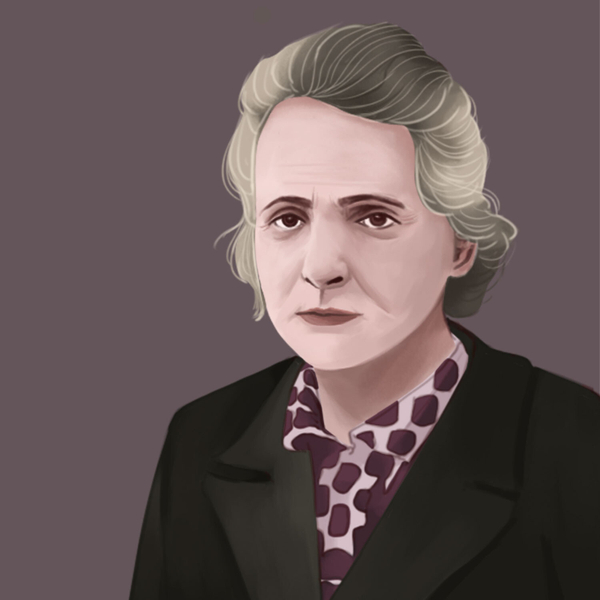
What happened to Marie Curie when she was a child?
Marie Curie, born Maria Skłodowska, had a challenging childhood. She grew up in Poland during a time when the country was under Russian occupation. Her family faced many difficulties and lived in poverty. Marie's mother passed away when she was only ten years old, and her sister died from typhus a few years later.
Despite these hardships, Marie managed to excel academically and developed a strong passion for learning. She was determined to pursue a higher education, which led her to move to Paris, France, where she attended university. Marie Curie's incredible scientific achievements and contributions to the field of radioactivity later made her the first woman to win a Nobel Prize and the only person to win Nobel Prizes in two different sciences.
Why is Madame Curie a good book?
1. Inspiring true story: The book chronicles the life and achievements of Marie Curie, the first woman to win a Nobel Prize and the only person to have won Nobel Prizes in two different scientific fields. Her perseverance, dedication, and groundbreaking scientific contributions make her an inspiring figure.
2. Historical and scientific value: Madame Curie provides insights into the scientific discoveries and advancements of Curie, including her pioneering research on radioactivity and her role in developing the theory of atomic structure. The book offers readers the opportunity to understand the historical context of her work and its significance in shaping the field of science.
3. Personal journey and challenges: The book delves into Curie's personal life, highlighting her struggles as a woman in a male-dominated field, her relationship with her husband Pierre Curie, and her perseverance through personal tragedies. It offers readers a glimpse into her personal journey and the obstacles she overcame.
4. Engaging storytelling: Despite being a biography, Madame Curie is known for its engaging narrative style that brings Curie's story to life. The book presents scientific concepts in an accessible manner, making it an enjoyable read even for those without a strong background in science.
5. Cultural impact: Marie Curie's work and legacy have had a profound impact on society and culture. The book explores her influence and significance, emphasizing the importance of her scientific breakthroughs and the barriers she broke for women in science.
Overall, Madame Curie is a good book due to its inspirational story, historical and scientific value, engaging storytelling, and cultural impact. It provides readers with a deeper understanding of Marie Curie's life, achievements, and contributions to science.
Why did Curie change her name?
Marie Curie changed her name for several reasons. Firstly, she was born as Maria Sklodowska in Poland. When she moved to France to pursue her studies, she began using the French version of her name, Marie, to blend in better with the French-speaking community.
Secondly, Curie got married to Pierre Curie, a fellow scientist, in 1895. After getting married, she took her husband's last name, which was a common practice at the time. Marie Curie wanted to be recognized as an independent scientist, so she decided to keep her maiden name alongside her husband's name, becoming known as Marie Curie-Sklodowska.
Lastly, after Pierre Curie's death in 1906, Marie Curie carried on with her research and began achieving notable scientific advancements. To honor her achievements, she received many prestigious awards and recognitions. During this time, she dropped her husband's name and began officially using the name Marie Curie, which is how she is primarily known today.
Read Book Briefs Podcast
Welcome to the Read Book Briefs Podcast, where we explore the world of literature in bite-sized episodes. If you're an avid reader or just looking for some book recommendations, this podcast is for you.
Each episode, we'll dive into a different book and give you a brief summary of the plot, characters, and themes. We'll also discuss our thoughts and opinions on the book, including what we loved and what we didn't.
But that's not all - we'll also interview authors, publishers, and other experts in the literary world to get their insights and perspectives. Whether you're a fan of fiction, non-fiction, or anything in between, there's something for everyone on the Read Book Briefs Podcast.
So grab a cup of tea, curl up with a good book, and join us every week as we explore the wonderful world of literature.